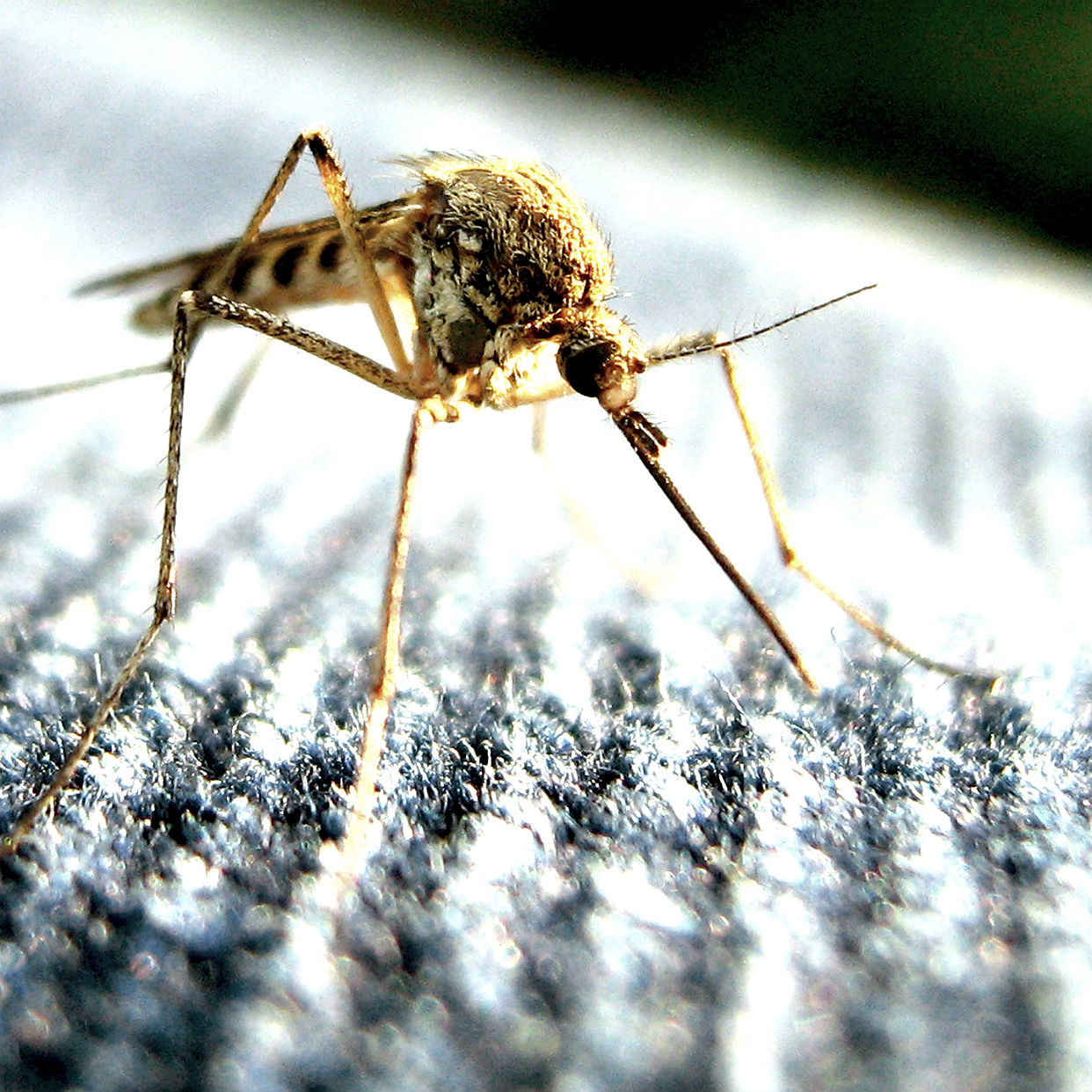750m genetically modified mosquitoes to be released in Florida Keys
The insects will produce stunted offspring incapable of passing on diseases

A free daily email with the biggest news stories of the day – and the best features from TheWeek.com
You are now subscribed
Your newsletter sign-up was successful
More than 750 million genetically modified mosquitoes will take wing over the Florida Keys after the US government approved plans to start releasing them into the wild next year.
“British-based firm Oxitec has designed the project to test whether the altered mosquitoes are a viable alternative to pesticides,” Sky News reports. The aim is to “control and prevent the spread of diseases, including Zika and dengue”.
The modified mosquitoes, all of which are male, produce female offspring which never leave the larval stage. A protein carried in their DNA means they die before growing large enough to bite.
The Week
Escape your echo chamber. Get the facts behind the news, plus analysis from multiple perspectives.

Sign up for The Week's Free Newsletters
From our morning news briefing to a weekly Good News Newsletter, get the best of The Week delivered directly to your inbox.
From our morning news briefing to a weekly Good News Newsletter, get the best of The Week delivered directly to your inbox.
“Only female mosquitos bite for blood, which they require to mature their eggs,” explains te London Evening Standard. “Males, by comparison, feed only on nectar, and are therefore not a carrier for diseases.”
Oxitec chief executive Grey Frandsen said the plan was the result of “ground-breaking” work carried out by “hundreds of passionate people over more than a decade in multiple countries, all of whom want to protect communities”.
Yet some have questioned whether the trial - the first of its kind - is safe.
“With all the urgent crises facing our nation and the State of Florida - the Covid-19 pandemic, racial injustice, climate change - the administration has used tax dollars and government resources for a Jurassic Park experiment,” Jaydee Hanson, policy director for the International Center for Technology Assessment and Center for Food Safety, told CNN.
A free daily email with the biggest news stories of the day – and the best features from TheWeek.com
Scientists first genetically altered an animal almost half a century ago, when foreign DNA was introduced to a mouse embryo in 1974. However, the development of a gene-editing technique called Crispr has rapidly expanded human ability to make such modifications.
What does it involve?
Crispr, an acronym for Clustered Regularly Interspaced Short Palindromic Repeat, is a technique that allows scientists to cut out and modify the DNA sequence of humans, animals and plants.
“This type of gene editing can be likened to editing a sentence with a word processor to delete words or correct spelling mistakes,” explains Ekaterina Pak from Harvard University.
It is cheaper, faster and far more accurate than other techniques currently being employed, says the BBC’s science correspondent Pallab Ghosh. It is also a tool that is easier for scientists to handle in the laboratory.
What can it be used for?
- Genome surgery: In 2014, evidence was published showing Crispr can be used to “correct” a mutant gene and reverse the symptoms of a disease in mice. In a single treatment, researchers were able to cure a rare liver disorder by cutting out the mutant form of the gene and replacing it with the correct, healthy sequence. Scientists in the Netherlands also showed that they could use the technique to fix a genetic mutation that causes cystic fibrosis.
- Research: “One important application of such a technology is to facilitate making animal models with precise genetic changes to study the progress and treatment of human diseases,” says Pak. This means genetically modifying laboratory animals so that they can be used to test medicine for a wide range of diseases that affect humans.
Its disadvantages
The technique raises a host of both practical and ethical dilemmas. “It is already known, for instance, that Crispr can sometimes change genes other than the intended ones. That could lead to unwanted side effects,” says Andrew Pollack in the New York Times.
Scientists argue that as the technique is still in its infancy, much more research is needed before the technology can be employed more widely. “Of course, any new technology takes some time to understand and perfect,” accepts Harvard researcher Pak.
It also raises a number of uncomfortable ethical issues. “The ease of creating genetically altered monkeys and rodents could lead to more animal experimentation,” says Pollack. “And the technique of altering genes in their embryos could conceivably work with human embryos as well, raising the spectre of so-called designer babies.”
-
 How the FCC’s ‘equal time’ rule works
How the FCC’s ‘equal time’ rule worksIn the Spotlight The law is at the heart of the Colbert-CBS conflict
-
 What is the endgame in the DHS shutdown?
What is the endgame in the DHS shutdown?Today’s Big Question Democrats want to rein in ICE’s immigration crackdown
-
 ‘Poor time management isn’t just an inconvenience’
‘Poor time management isn’t just an inconvenience’Instant Opinion Opinion, comment and editorials of the day